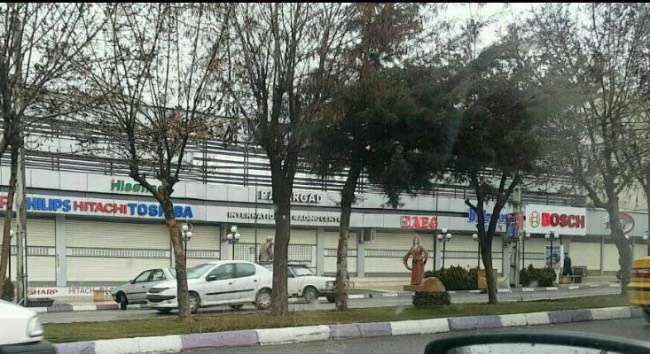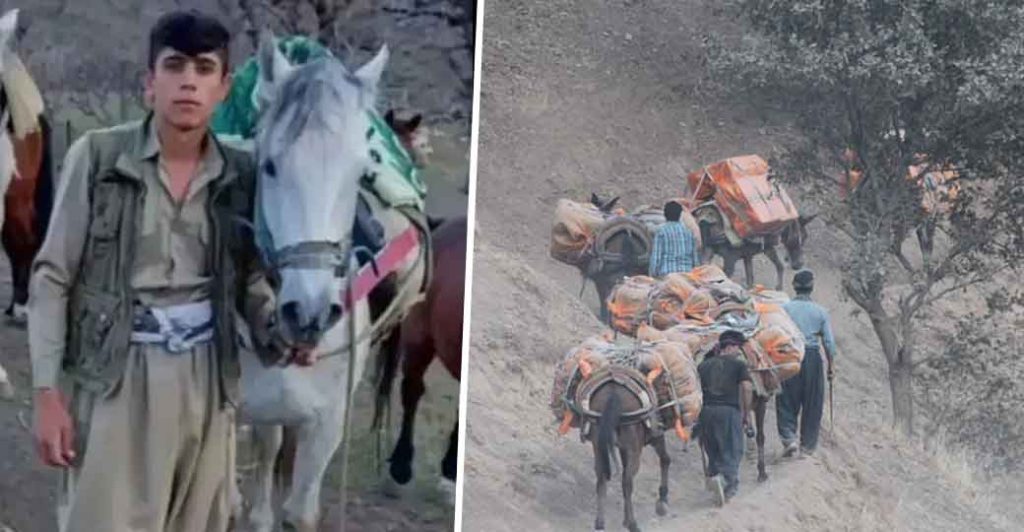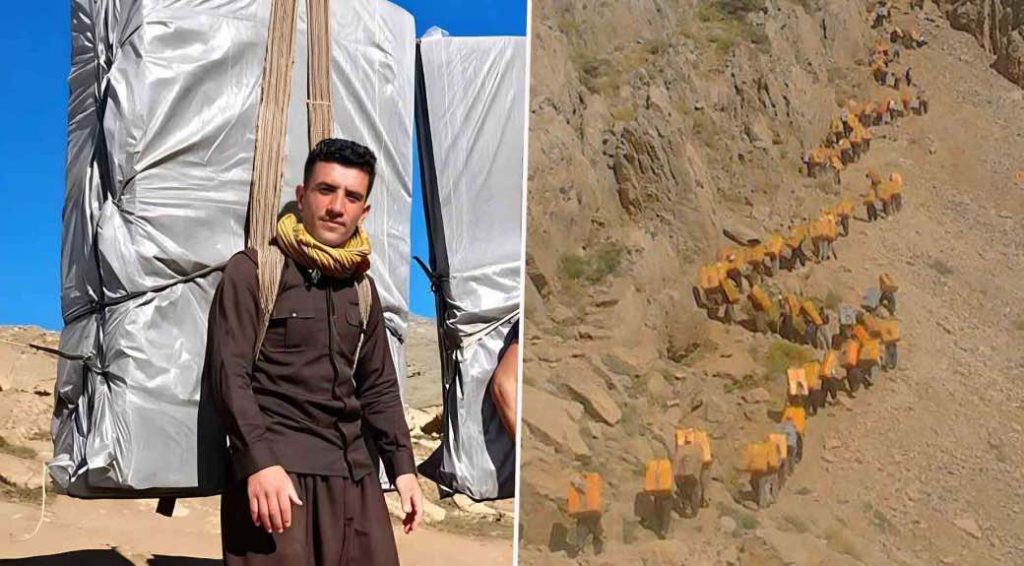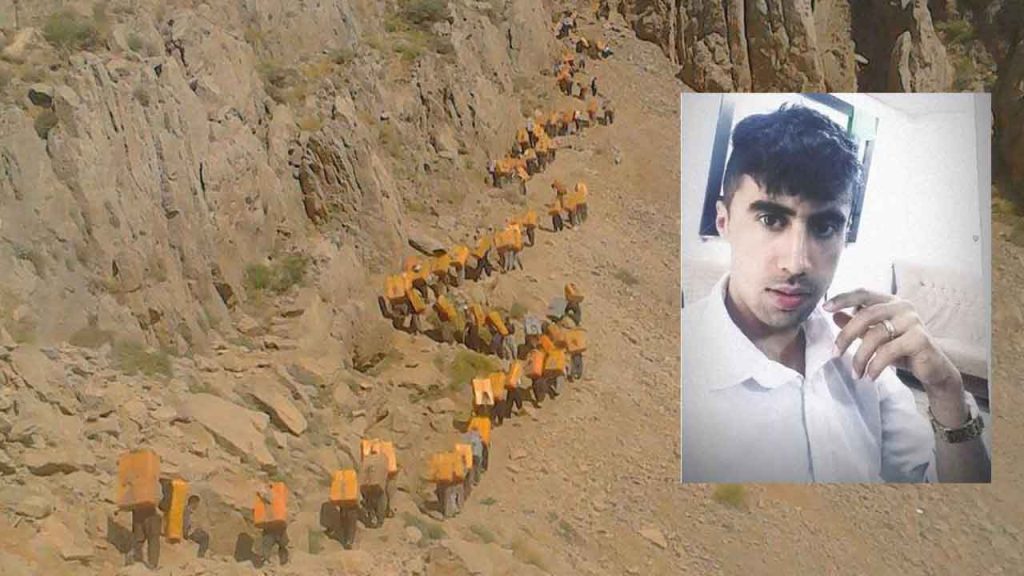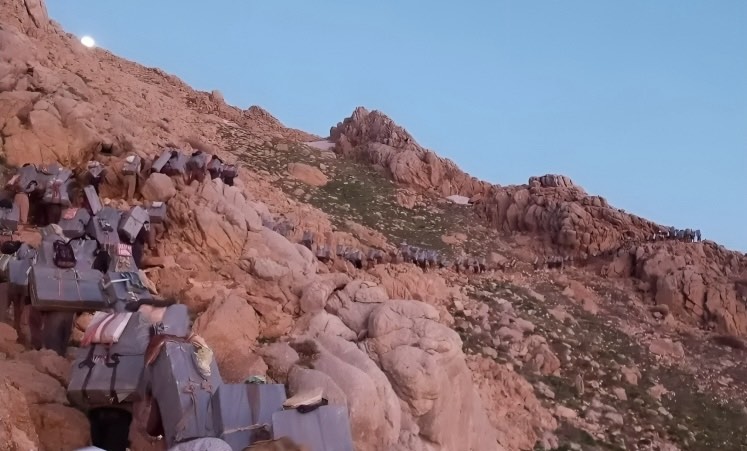On Saturday morning February 24, businessmen and marketers in Baneh and Piranshahr closed their shops in protest to the blockade of border crossing. Anti-riot and special guard forces have been present at these cities to confront any possible gatherings in this regard.
An informed source told Kurdistan Human Rights Network (KHRN) that three weeks of closing the unofficial borders of Iran’s Kurdistan with the Iraqi Kurdistan through which goods were introduced by Kolbars to the markets of the border towns has resulted in a lot of discontent among the businessmen and marketers of these cities. On Saturday, February 24, the merchants and marketers in Baneh and Piranshahr cities closed their shops in protest to closure of border crossings.
“Citizens and marketers from other border towns have said that they would join the strike if these border crossings continue to be blocked.”, the source said.
“The plans of government of Iran and Iraqi officials for organising the borders will result in the unemployment of tens of thousands of Kolbars. Moreover, following the enforcement of these plans, only a few goods will be allowed to be imported at a high customs rate and hundreds of marketers will be unemployed.” One of the businessmen in Baneh told Kurdistan Human Rights Network (KHRN).
Based on the plan for organising the borders in Kurdistan province, the goods will now be imported in the form of a cocoon from specified borders including Siranband in Baneh, Khan Sheikhan in Marivan and Malkhor for Sarvabad.
Tens of thousands of Kurdish citizens in the border areas of Kurdistan province and West Azarbaijan earn a living for their family’s survival by carrying goods as Kolbars despite being in risk of many dangers such as being shot by Armed Forces of the Islamic Republic of Iran, landmine explosion, drowning in the river, avalanche fall, frostbite, falling into the valley, etc. They are forced to carry heavy cargos with a wage of around 50,000 to 100,000 Tomans.
The majority of Kurdish people living in the Kurdistan Province in Iran who choose to work as Kolbers are well aware of the above-mentioned dangerous working conditions. However, they have no other choice due to lack of macro-economic infrastructures, discrimination in allocating annual budgets to Kurdistan, high unemployment rate, lack of alternative jobs, little investment in the domain of agriculture, mine and tourism.

